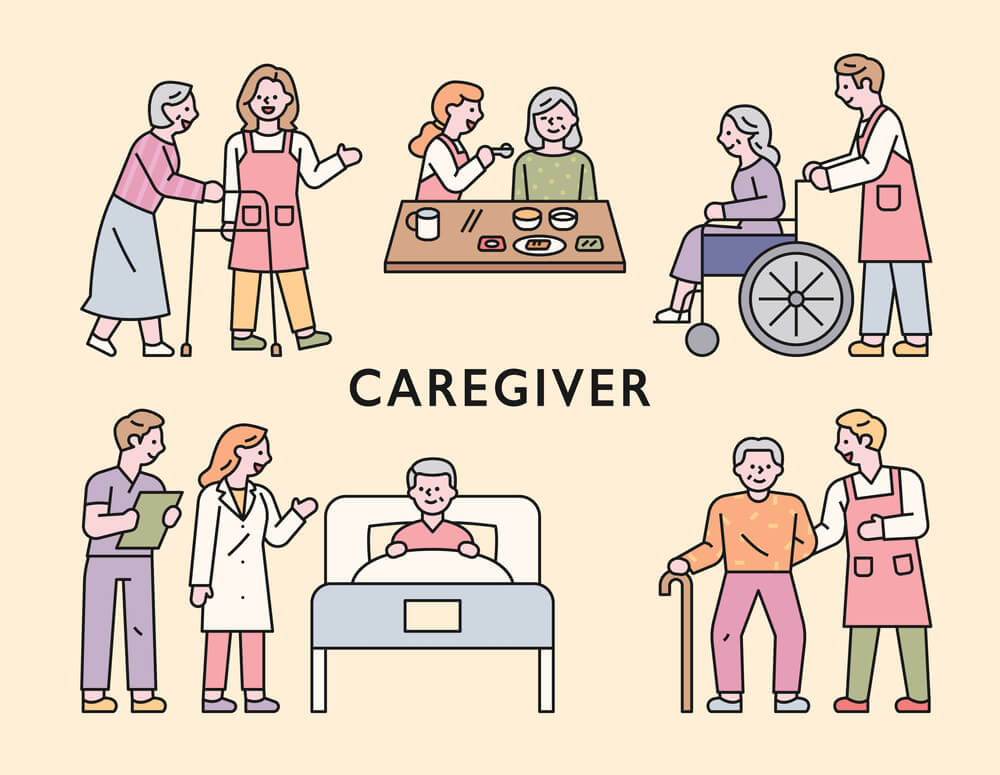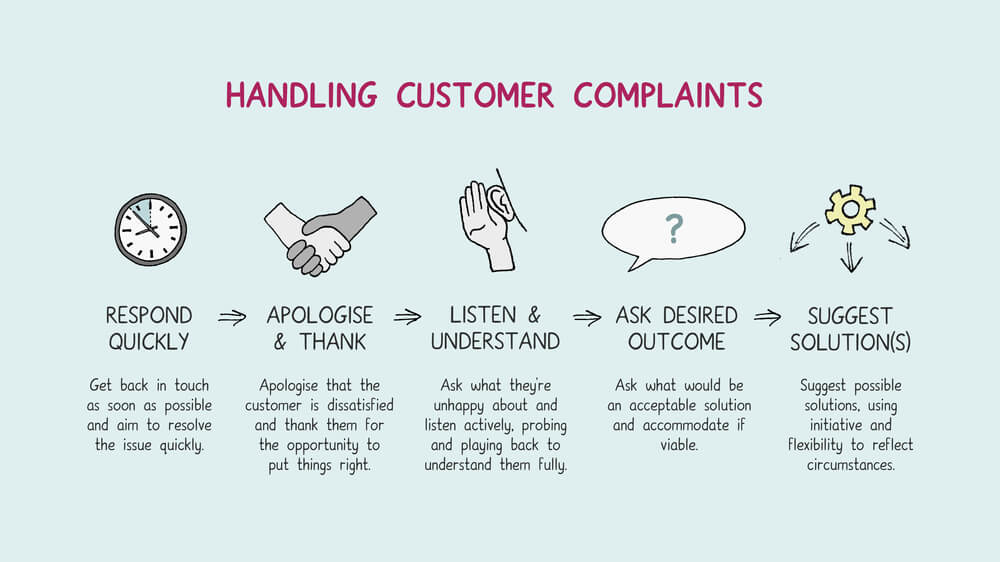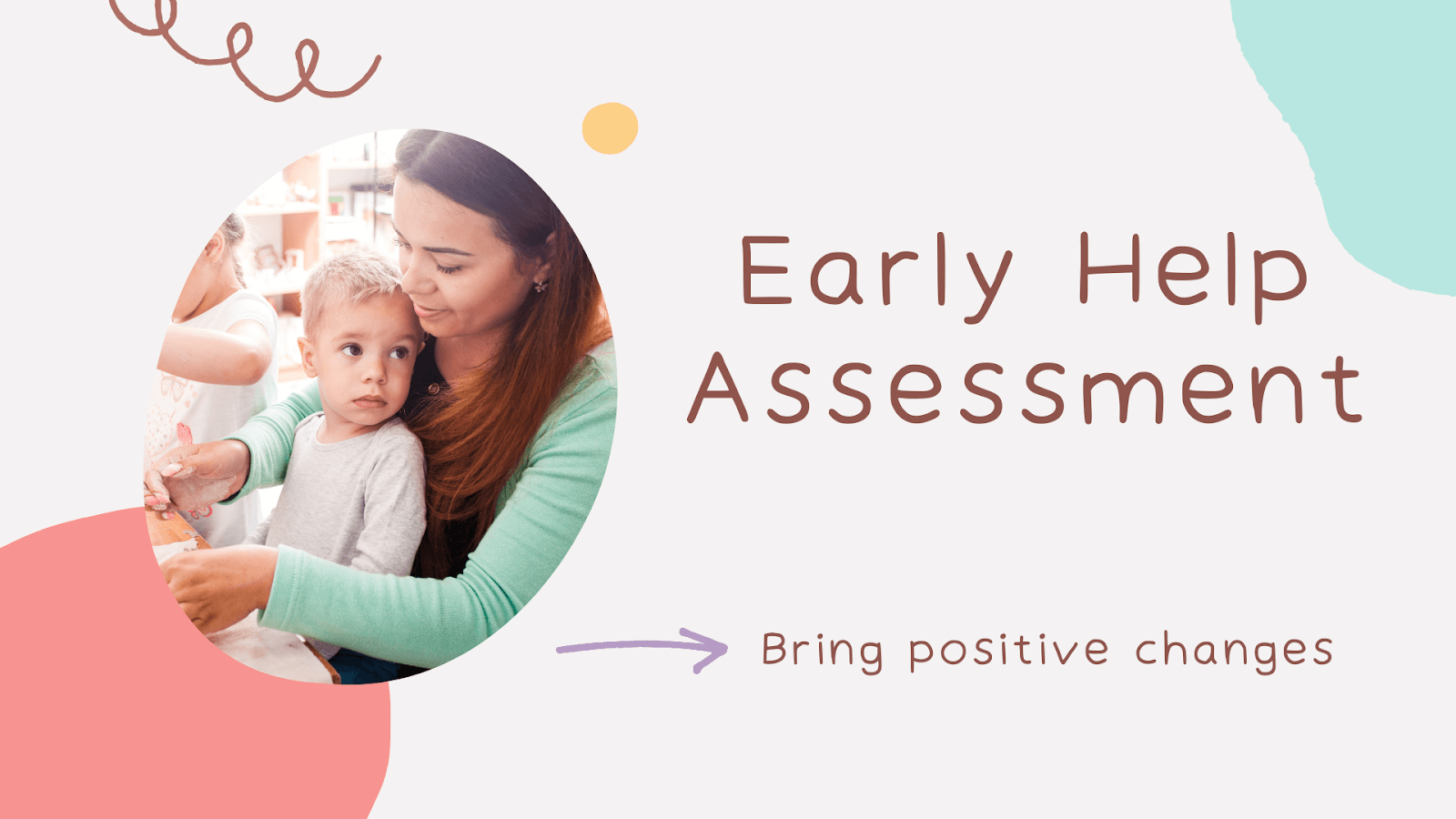Have you ever stopped to think about what it means to receive quality care in the health and social sector? As individuals, we expect to be treated with respect and dignity and receive proper care. The Duty of Care principles ensures that those receiving care are protected from harm and treated with respect, dignity, and compassion. However, what exactly is the Duty of Care, and why is it so important in health and social care?
In this blog, we’ll dive into the concept of Duty of Care and explore its importance in health and social care. Whether you’re a patient, caregiver, or professional in the field, this is a must-read for understanding the vital role Duty of Care plays in maintaining quality care.
What you’ll learn from this blog
What Is It Meant by a Duty of Care?
Duty of Care is about individual welfare, compliance and good practice. Moreover, a duty of care refers to a legal obligation to act towards others in a certain way, with reasonable caution and without causing harm. It means preventing potential damage from occurring to others and ensuring that others are not placed at undue risk of injury.
Further, the duty of care applies in various situations, such as healthcare, education, and professional services. Therefore, it is an essential principle in promoting public safety and well-being.

Duty of Care Examples
An example of duty of care is a doctor’s responsibility to provide medical treatment properly and not cause harm to the patient. It means that the doctor must act according to accepted medical standards, uses proper diagnostic procedures, and prescribe appropriate treatments.
In this scenario, the doctor has a duty of care to their patient to ensure that they are not harmed due to their medical treatment. If the doctor fails to meet this duty of care, the patient suffers harm. As a result, the doctor may be liable for medical malpractice.
Another example is a school’s duty to provide a safe environment for students and protect them from harm. This means that the school must provide a safe and secure environment for students to learn and must take reasonable steps to protect students from harm.
Duty of Care in Health and Social Care: Responsibilities & Examples.
The duty of care in health and social care refers to the ethical and legal obligation to provide care that protects individuals from harm and promotes their health and safety. Besides, it requires professionals in the field to act with reasonable skill, care, and diligence and to take appropriate steps to prevent possible harm.
Responsibilities of a duty of care in health and social care include:
- One: Ensure that care services are delivered safely and effectively, focusing on preventing harm and promoting well-being.
- Two: Maintain client privacy and confidentiality by keeping sensitive information secure and only sharing it with authorized individuals.
- Three: Report any concerns about abuse or neglect to the appropriate authorities, and take steps to protect the individual from harm.
- Four: Obtain informed consent from clients before providing care or support, and ensure that clients understand the implications of the care provided.
Examples of a duty of care in health and social care include a nurse ensuring that medication is administered safely and at the correct dosage or a social worker reporting concerns about the welfare of a vulnerable adult to the appropriate authorities.
Why is a Duty of Care in Health and Social Care Important?
A duty of care in health and social care is crucial because it ensures that people receiving care are protected from harm and receive the highest possible standard of care. Besides, it obligates care providers to perform in the most acceptable way for their patients and to take reasonable steps to ensure their safety and well-being.
Additionally, this duty of care helps to build trust between care providers and those they serve and ensures that care is delivered compassionately and ethically. Notably, failing to meet the duty of care can result in legal and professional consequences and can lead to harm or injury to the individual receiving care.
Why does Duty of Care Contribute to Safeguarding?
Duty of care plays a crucial role in safeguarding by establishing a legal and ethical framework for protecting individuals receiving care. Besides, it requires care providers to prioritise the welfare and well-being of those in their care and to take appropriate actions to prevent harm.
Additionally, by setting standards for the provision of care, the duty of care helps to create a culture of safety and security, reducing the risk of abuse or neglect. Moreover, the responsibility of care also ensures that care providers are accountable for their actions and can be held responsible if they fail to meet the required standard. Thus, it encourages care providers to act responsibly and ethically and promotes trust between care providers and those they serve

How do Health and Social Care Workers Demonstrate Duty of Care?
Health and social care workers demonstrate their duty of care by prioritising their patients’ or clients’ safety, well-being, and rights. This includes following ethical and professional standards, valuing patients’ or clients’ opinions, providing clear information and a safe environment, continuously monitoring and assessing care, keeping up-to-date with best practices, supporting patients’ or clients’ physical, emotional and social needs, and seeking supervision and support to maintain high standards of care and improve their well-being.
Additionally, by following all these things, health and social care workers ensure they are fulfilling their duty of care and providing the highest standard of care to their patients or clients.
Conversely, a failure of the care worker can lead to harm, neglect, or abuse of patients or clients. In addition, it can damage the reputation of the care provider and the more comprehensive health and social care system.

6C’s in Health and Social Care
The 6 Cs in health and social care are the core values that direct care worker’s responsibilities in the industry. These values include:
- One: Care – providing care that is centred around the needs of the patient or client.
- Two: Compassion – treating patients or clients with kindness, understanding, and empathy.
- Three: Competence – having the knowledge, skills, and experience necessary to provide safe and effective care.
- Four: Communication- establishing open and effective communication with patients or clients.
- Five: Courage – taking appropriate action, even in challenging situations.
- Six: Commitment – being dedicated to providing high-quality care and continuously improving practices.
Importantly, adhering to these values helps to ensure that patients or clients receive the highest standard of care and that health and social care workers maintain their well-being and professional integrity.
The Key Principles of Duty of Care in Health and Social Care
Duty of care is a fundamental principle in health and social care that refers to the responsibility of caregivers to act in the best interests of those in their care. Besides, duty of care in health and social care is the obligation of caregivers to prioritise the health, safety, and well-being of those in their care.
Moreover, it involves following professional standards, demonstrating competence, being accountable, communicating effectively, respecting individuals, and providing high-quality care. Further, the duty of care is essential to ensure an individual’s safe and supportive environment.
Finally, the duty of care aims to provide a safe and supportive environment for the individual in which their health and well-being are protected and promoted. Therefore, caregivers must continuously strive to improve their practice and provide the highest quality of care possible.
Let’s go through some essential topics that you should learn about.

Code of Conduct
We are very familiar with this phrase, right? A code of conduct is a set of rules that define acceptable behaviour and ethics for individuals within an organisation. Moreover, it aims to create a positive work environment and promote ethical behaviour. Additionally, a code of conduct may cover a range of topics, including but not limited to integrity, confidentiality, respect for others, conflict of interest, and the responsible use of resources. Besides, organisations establish a code of conduct to create a positive and productive work environment, promote ethical behaviour, and mitigate potential risks.Reporting concerns
To report concerns about the duty of care in health, you can:- Firstly: Gather relevant information and observations;
- Secondly: Speak to the person in charge or a supervisor;
- Thirdly: Use a formal reporting system if available;
- Fourthly: Keep records of any actions taken;
- Finally: Follow up if necessary.
Duty of Care and Agreed Ways
Duty of care refers to the responsibility of caregivers to prioritise the health, safety, and well-being of those in their care. On the other side, Agreed ways are the specific methods and processes established by the caregivers to fulfil this duty of care in a particular setting or organisation. Also, they ensure consistent and effective care, minimise harm and errors, and promote a positive care environment.Individuals’ Rights to Make Choices
All individuals have the right to choose their care, treatment, and support. Individuals’ rights to make choices in the duty of care refer to their right to make decisions about their care, treatment, and support. Besides, caregivers must respect and support this right, promoting a person-centred approach to care. Additionally, in a health and social care setting, individuals’ rights to make choices must be respected and upheld, and caregivers must support them in exercising these rights. Moreover, it can include assisting individuals in understanding their options, making informed decisions, and respecting their choices, even if they differ from the caregiver’s personal opinions or preferences.Dilemmas
A dilemma is a circumstance in which a difficult choice must be made between two or more options, especially equally undesirable ones. However, a dilemma in the duty of care is a situation where two or more ethical or moral principles conflict, and there is no clear or satisfactory solution. Importantly, caregivers face dilemmas when they must balance competing responsibilities, such as protecting individuals’ health and safety while respecting their independence and right to make decisions.Risk Assessments and Support
Firstly, Risk assessments and support are critical parts of the duty of care. Risk assessments evaluate potential hazards to individuals and inform strategies to minimise harm. Secondly, Support provides resources, information, and assistance to individuals in respect of helping them meet their needs and achieve their goals. Notably, it promotes the health, safety, and well-being of those in care, fulfilling the duty of care.Advocates
An advocate is a person or organisation that supports and represents the rights and interests of others. Besides, advocates play a crucial role in the duty of care by supporting and representing the rights and interests of those in care. Additionally, they help individuals exercise their right to make choices, understand their options, and communicate their needs to caregivers. Moreover, advocates also provide support and information to vulnerable individuals.Supporting Individuals in Decision-Making
Sometimes we face challenges in making a good decision, aren’t we? It is more difficult who is in the health and social care settings or disabled. We should support them with our best efforts. When supporting individuals in decision-making, keep the information to the point, and describe any possible risks and benefits in practical terms. If there are options, give the information about the choices in a clear and balanced way. Besides, supporting individuals in decision-making is a crucial aspect of the duty of care in health and social care. It involves assisting individuals in understanding their options, making informed decisions, and having their choices respected and supported by caregivers. Additionally, Supported Decision-Making (SDM) helps individuals with disabilities to make decisions about their own lives with support from a team of people they choose.Mental capacity
Conforming to the Mental Capacity Act 2005, Mental capacity is one’s ability to make their own decisions. Similarly, mental capacity refers to an individual’s ability to understand the consequences of those decisions. Besides, it involves having the ability to understand information, retain that information, use it to make decisions, and communicate those decisions. In addition, mental capacity can be impacted by age, illness, or injury.Temporary Lack of Capacity
According to the Mental Capacity Act 2005, a temporary lack of capacity refers to a short-term inability to make decisions due to a temporary condition, such as illness, injury, or intoxication. This may result in the need for a temporary substitute decision-maker.
Complaints Handling
In health and social care, complaints handling refers to receiving, investigating, and resolving complaints made by patients, clients, or their representatives regarding the quality of care received.
Besides, it involves taking steps to listen to the complaint, understand the issues raised, determine the cause, and take appropriate action to resolve the problem and prevent it from happening again.
Importantly, effective complaint handling is vital for improving patient satisfaction, maintaining the organisation’s reputation, and ensuring high-quality care to patients and clients.
In addition, It is also necessary to know how to professionally respond to a complaint.
Responding to a Complaint
When responding to a complaint, always prioritise the complainer and his interest. Listen carefully and try to find out if it needs to be clarified. If it’s not your mistake, try to explain. Otherwise, follow these steps:
- First: Acknowledge the complaint and express empathy.
- Second: Listen and gather information.
- Third: Apologize and take responsibility.
- Fourth: Offer a solution.
- Fifth: Follow up with the customer.
Notably, the goal of a complaint response is to turn a negative experience into a positive one and to maintain or restore the customer’s trust.
Patient Advice and Liaison Service (PALS)
The Patient Advice and Liaison Service (PALS) offers confidential suggestions, information and support on health-related matters. Besides, PALS is a support service provided by the National Health Service (NHS) in the UK. Additionally, its purpose is to provide advice, support, and information to patients, families, and carers and to help resolve any concerns or issues they may have about their care and treatment.
Besides, PALS provides information about NHS services, helps resolve complaints and supports patients through the appeals process, among other benefits. Further, It acts as a liaison between patients, healthcare staff, and organisations, ensuring patients receive the best possible care and treatment.
How the Duty of Care Affects Their Own Work Role
Duty of care affects the care worker’s work role in several ways. Firstly, the duty of care requires healthcare professionals to provide safe, appropriate, and ethical care to their patients. Secondly, it includes assessing risks, maintaining confidentiality, providing informed care, documenting care, and continuing professional development.
Moreover, healthcare professionals must maintain accurate and up-to-date records of their patient’s care to ensure that they can provide continuity of care and defend their actions if necessary. Besides, by fulfilling their duty of care, healthcare professionals ensure patient safety and protect themselves against potential legal claims.
Summary
In a nutshell, the duty of care is a crucial aspect of health and social care that requires professionals to provide the highest level of care to their patients or clients. Besides, it encompasses a range of responsibilities, such as acting in the individual’s best interests, ensuring safety, maintaining confidentiality, providing informed care, keeping records, and continually improving practice.
Moreover, adherence to this principle is crucial to preserve patients’ or clients’ trust and confidence and avoid legal or professional consequences. In addition, continuous learning and development are necessary to keep up with patients’ changing needs and provide the best possible care. This blog delves into the details of duty of care and other relevant aspects. I hope you find this blog helpful.
Notably, you can also check this Health and Social Care – Level 5 course to get a more in-depth understanding.
FAQs
What happens if a healthcare professional or social worker fails to fulfil their duty of care?
If a healthcare professional or social worker fails to fulfil their duty of care, they may be held liable for any harm their patient or client suffers. This could result in legal action, compensation claims, and damage to their professional reputation.
How does the duty of care apply to patient confidentiality?
The duty of care requires healthcare professionals and social workers to maintain the confidentiality of their patients’ or clients’ information unless disclosure is necessary to protect the patient or client from harm. Besides, It means they must take appropriate steps to secure and protect sensitive data and only share it with those who need to know.
What is the importance of informed consent in the duty of care?
Informed consent is essential in the duty of care as it ensures that patients or clients fully understand the care they are receiving and are involved in the decision-making process.
What are the consequences of failing to fulfil the duty of care?
The consequences of failing to fulfil the duty of care can include legal action, compensation claims, and damage to the healthcare professional’s or social worker’s professional reputation.
Why is ongoing learning and development important in fulfilling the duty of care?
Ongoing learning and development are critical in fulfilling the duty of care because it helps healthcare professionals and social workers stay up-to-date with current best practice and continually improve their practice.
What is duty of care nhs?
In the NHS, duty of care means healthcare providers must ensure patient safety and well-being by preventing harm, providing proper treatment, and prioritizing patient welfare. This responsibility extends across various healthcare settings to maintain high standards of care and professionalism.







 November 16, 2023
November 16, 2023








